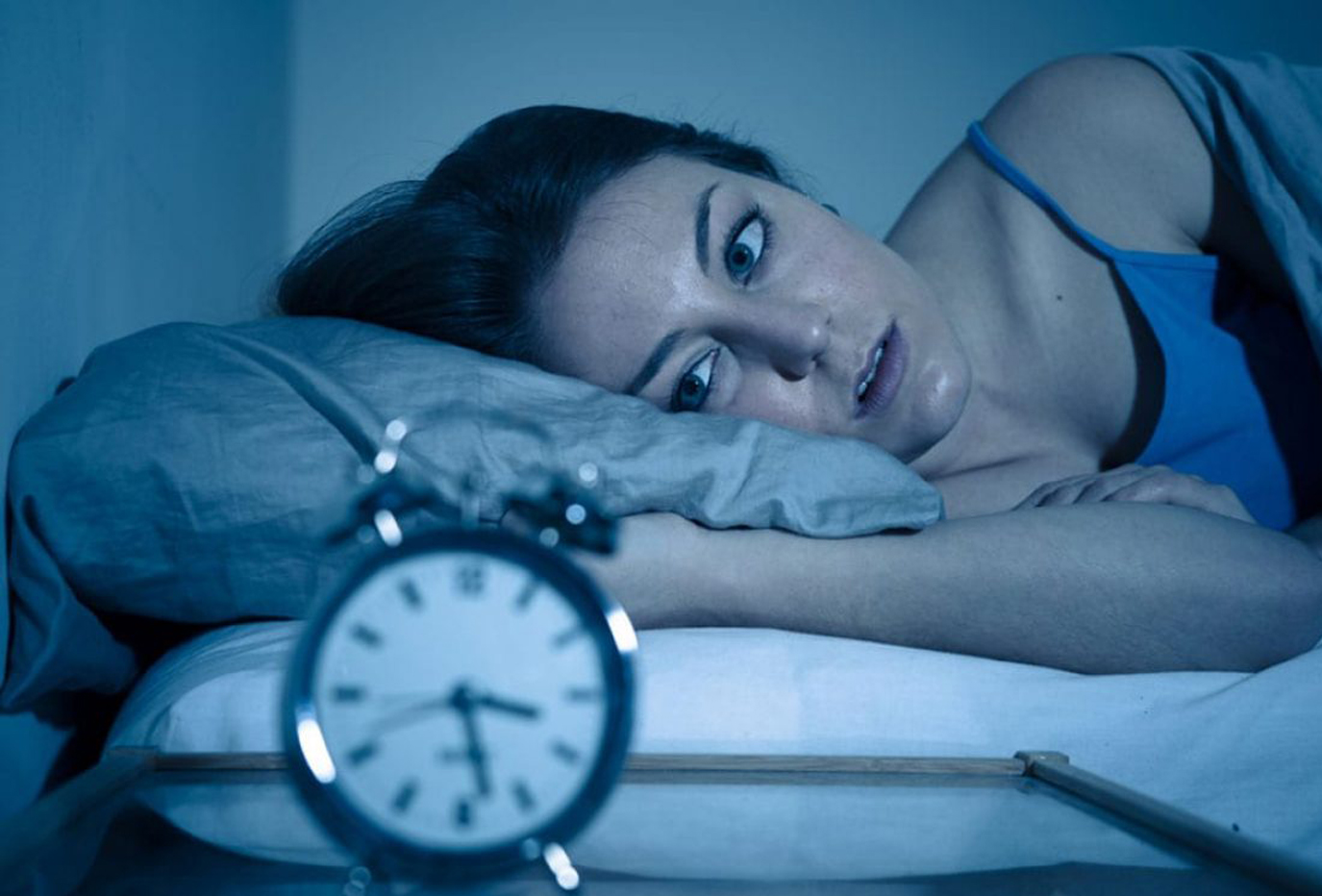
Why You Can’t Sleep and What Your Mind Is Trying to Tell You
Sleep problems are often connected to emotional stress, anxiety, or mood disorders. Understanding the mental health reasons behind poor sleep can help you seek the right support.
Read More
How can you identify the signs of mood disorders early?
In everyday life, we go through a plethora of emotions. Some events take us to cloud nine, while some make us feel very low. Feeling elated or low is normal, and every individual experiences such mood changes.
Read More
How to Stay Calm and Focused at Work
Discover Strategies to Stay Calm and Empathetic in Challenging Conversations. Explore our article for valuable insights.
Read More
Navigating Relationships with Borderline Personality Disorder
Living with a person with Borderline Personality Disorder (BPD) can be challenging. The emotional instability, intense mood swings, and fear of abandonment characteristic of BPD can lead to unpredictable and turbulent dynamics within relationships.
Read More


